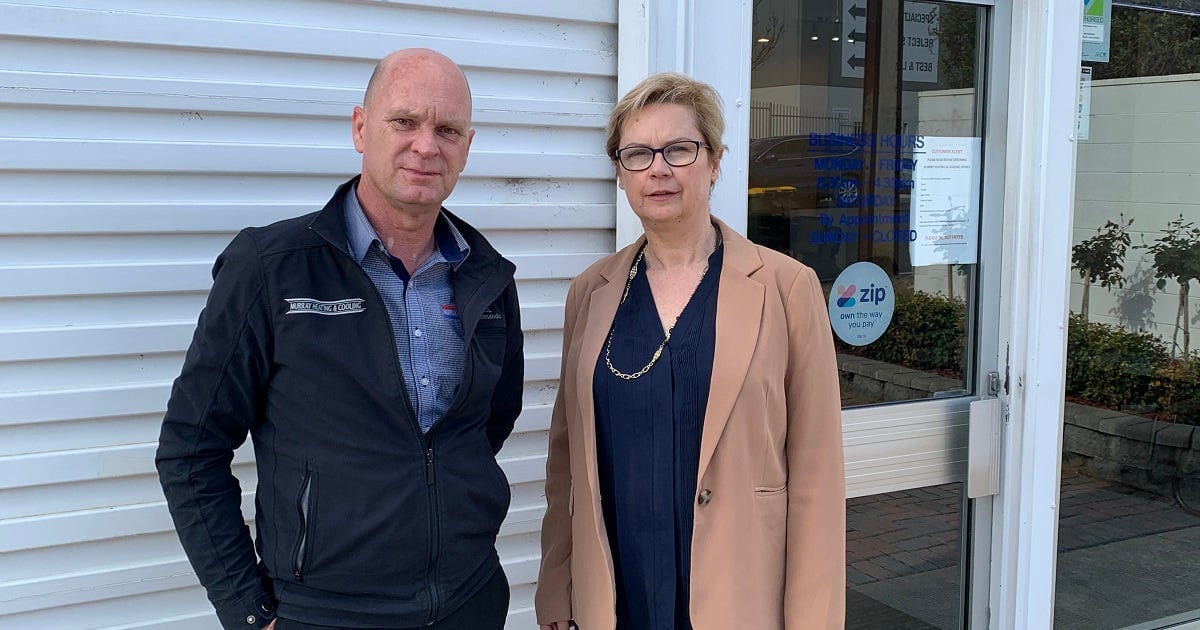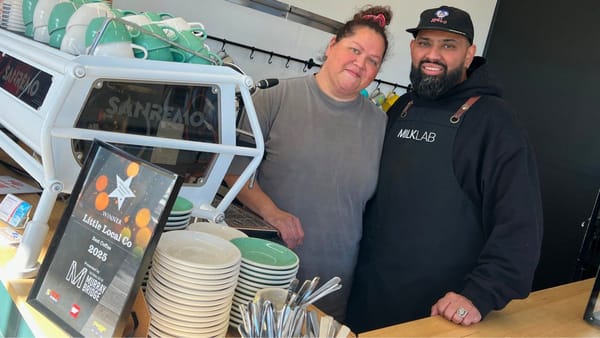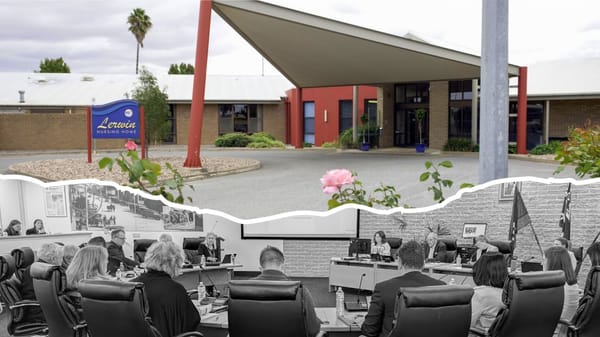Outsourcing property maintenance could cost local contractors
Local jobs will be lost if the state government's facilities management service is taken over by a big company, a Murray Bridge businessman fears.

This story was originally published behind Murray Bridge News’ paywall. Paywalled stories are unlocked four weeks after publication. Can’t wait that long? Subscribe here.

David LeGallez is a savvy businessman – he knows better than to rely too heavily on any one client.
His business, Murray Heating and Cooling, makes most of its money from small contracts and odd jobs – with one exception.
Between schools, the hospital, Mobilong Prison and the many other public buildings in the Murraylands, Mr LeGallez, pictured, was sure he could depend on a state government maintenance contract that made up almost 20 per cent of his revenue.
Then he heard about a recent government decision to outsource property maintenance work to a private company, instead of having local public servants book jobs themselves.
Without a local connection, he worried that businesses like his would miss out.
That would hurt.
“It’s a substantial amount (of work),” he said.
“We’ve got 20 employees, so that’s two or three employees who are going to lose their jobs if this goes through.
“Then there are electricians, plumbers, glaziers, carpenters, fire and safety...”
Losing government work could ruin other local operators, he said – some earned more than three quarters of their revenue from those contracts.
Contractors from across the state will gather outside Adelaide’s Parliament House on Thursday to protest the government’s plan.
Local contractors could be squeezed out, Labor MP says
Opposition MP Clare Scriven, who met Mr LeGallez in Murray Bridge on Wednesday, has been campaigning against the changes to the Across Government Facilities Management Arrangements.
If the maintenance contract for country South Australia was won by a large corporation, she said, there was every chance that company would bring its own subcontractors from Adelaide instead of continuing to use locals.
“That will just devastate so many local businesses,” she said.
“Local contractors source their materials locally, they buy their vehicles from the local dealership, they sponsor the local football club, they employ local apprentices.”
Their community involvement was an extra incentive for them to do a good job, she said, unlike someone who might visit from the city and never return.
Even if locals won work, she predicted, it would likely be at a heavy discount, benefiting taxpayers but removing money from the regional economy.

Fears are based on ‘misconceptions’, minister says
Staff from the Department of Infrastructure and Transport – formerly DPTI – have also been on the road this week, answering questions about the proposed changes.
Infrastructure and Transport Minister Corey Wingard, pictured at right, described the opposition’s fears as inaccurate.
“We will ensure local jobs and business are supported through this reform," he said.
“We’re about to embark on a comprehensive consultation period, so local tradies and businesses can have their say and help shape these reforms.
“The Industry Advocate will play a key role in the coming weeks as the consultation process officially kicks off, and I have spoken to him about the need to ensure we continue to provide opportunities in our regions.”
He played down the significance of the reforms, saying the amount of work transferring from the public to the private sector represented just two per cent of the total for AGFMA.
It was positive that an extra $6 million worth of work would become available to private businesses, he said.
Photo of David LeGallez and Clare Scriven (top): Office of Clare Scriven. Photo of Ian Nightingale and Corey Wingard (bottom): Department of Infrastructure and Transport. Disclosure: Ms Scriven paid for a coffee for the author and a drink for his daughter.





